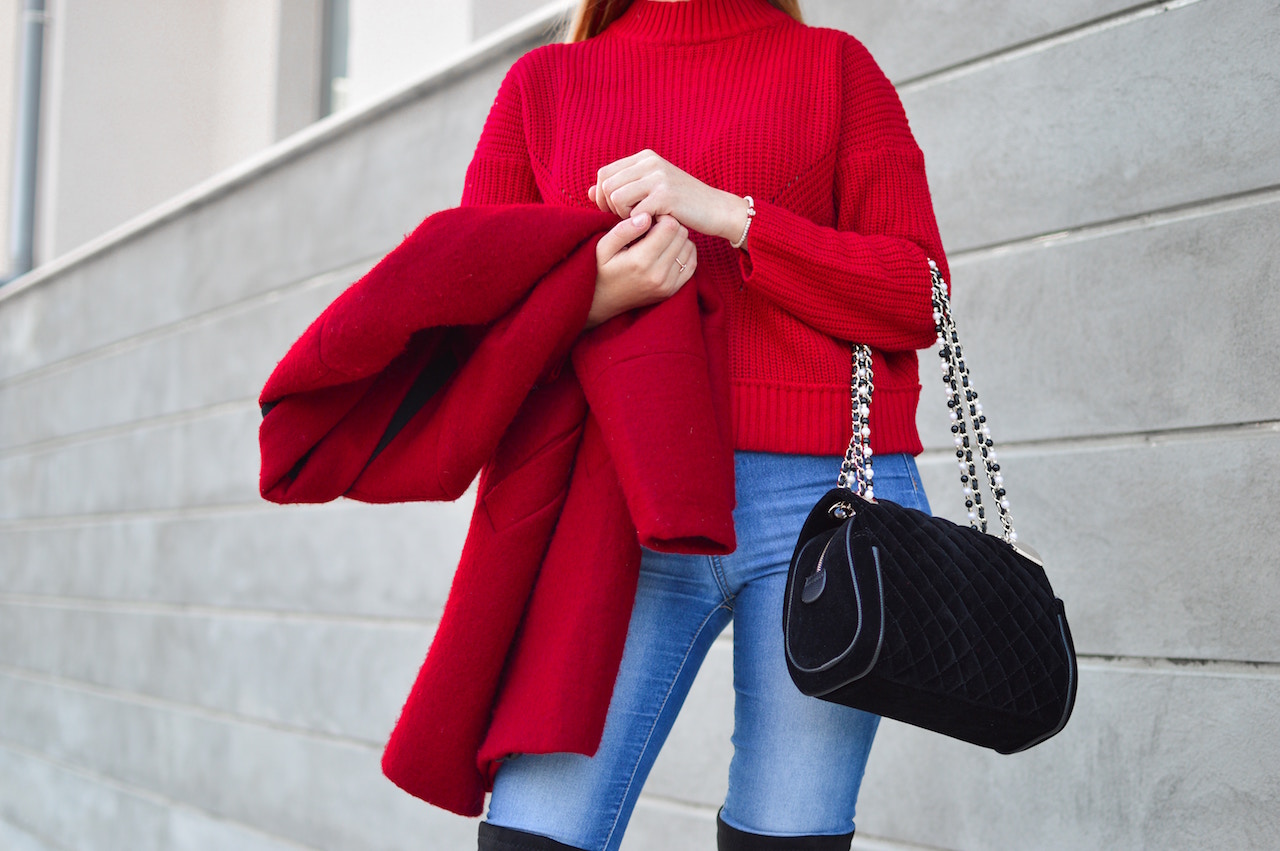I rarely buy new clothes but when I do, nothing beats the feeling of wearing its newness—crisp, bright, and a fresh-off-the-racks scent that it’s almost criminal to wash it. But dermatologists and manufacturers actually advise that you do.
There’s a reason why most stores don’t let customers try on swimwear or lingerie (don’t trust those protective liners, either). Whether you like it or not, new clothes are actually dirtier than they appear. You don’t know how many bodies have worn those garments or how clean their hands were if they touched it. We’re not telling you to be maarte, we’re telling you to be aware.
Dr. Donald Belsito, a professor of dermatology at Columbia University Medical Center, told the Wall Street Journal that lice and scabies could possibly linger on clothing, transferring them to whoever wears the clothes next (but sources say the chances are quite slim).

Aside from dirt, new clothes are also laden with chemicals
Most, if not all, synthetic textiles are dyed with azo-aniline dyes, which can “cause a severe skin reaction akin to poison ivy in the small population of people allergic to them. For others, reaction to dyes are less extreme and may result in slightly inflamed, dry, itchy patches of skin,” WSJ reported.
Some anti-fungal agents that are sprayed onto clothes contain formaldehyde, which can cause eczema and respiratory complications in people.
If there’s one type of clothing that you should wash immediately after buying, it’s athletic gear. “If you’re going to wear it out in the heat and sweat in it, you should launder it. Sweating opens your pores and allows the skin to absorb the chemicals in the clothing,” says Lana Hogue, a clothing manufacturing expert at Garment Industry 411. Other garments on Hogue’s “top wash list” include underwear, undershirts, socks, t-shirts, shorts, summer dresses, and baby clothes.
What about second-hand clothes? Believe it or not, thrifted clothes are safer when it comes to chemical exposure since they’ve been washed countless times. But that doesn’t mean you can wear them without washing—hygiene concerns remain the same.
Header courtesy of Unsplash
Read more:
Lacoste bids adieu to their crocodile logo just for this new collection
Wearing this color makes you less approachable
Here’s how to take fashion risks this 2018
Writer: BEA LLAGAS




